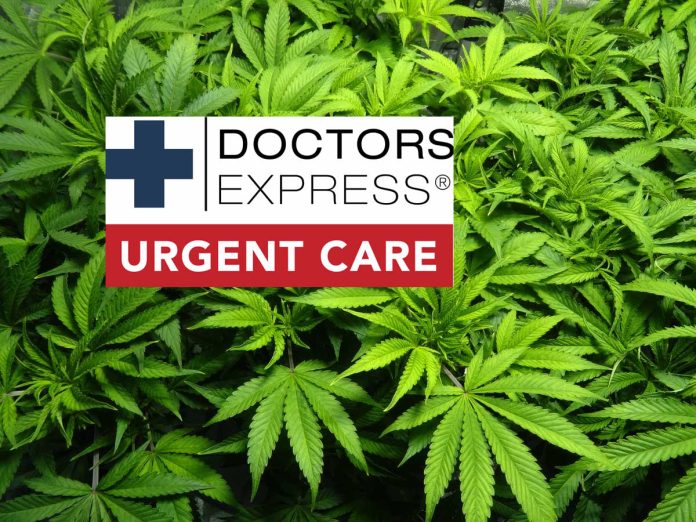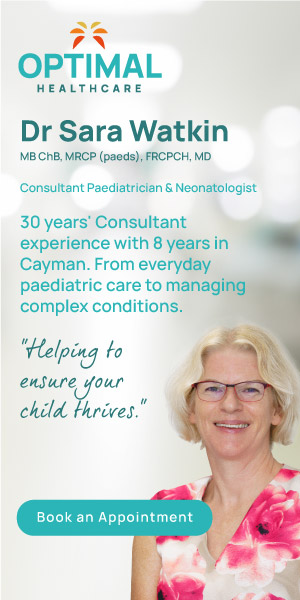On Tuesday 10th September, one of our editorial team received a text message promoting Medical Cannabis THC Vapes at Doctors Express, encouraging them to “Hurry! While supplies last.” That a prescription medication of this nature could be promoted without any reference to healthcare need, let alone by text message, has raised serious concerns in many quarters, public and professional alike. Those concerns attained a new level of outrage, as it became apparent that text messages had been sent to children too.
A member of the medical community told us;
“I don’t know what to be more upset about. This is direct advertising of a medicine that is already controversial, in a form that has just had safety questioned by the Centers for Disease Control in the USA. It came unsolicited, to my mobile, which I didn’t even know carried third party adverts. And it was an advert for a smoking-related item that also went to my teenage son, which I am so angry about. And, if all that isn’t enough, it came from a health clinic.”
Concerns by doctors and public appear to have drawn a swift response from the Health Practice Commission too, which issued a Cease Notice for vaporisable medical cannabinoids, preventing all health providers from further prescribing, released by Dr John Lee, Cayman Islands Chief Medical Officer.
Besides being Cayman Islands CMO, Dr Lee is a highly experienced pain specialist, originally from a major teaching hospital in the UK, University College London Hospitals NHS Foundation Trust, itself one of the UK’s leading cancer centres. Besides cancer itself, UCLH and its Biomedical Research Institute are involved in research into cannabinoids, the active ingredients of cannabis, which include tetrahydrocannabinol (THC) and cannabidiol (CBD), in areas such as post traumatic stress and multiple sclerosis. However, researchers are quick to point out that use appears to be running ahead of evidence.
In response to the letter from Dr Lee and the Department of Health Regulatory Services, Doctors Express, an urgent care service, responded on social media by suggesting that Dr Lee’s action was short-sighted. Their public notice suggested people call their MLA and the Ministry of Health, describing their THC as an “incredible medicine” and further suggesting the medication was safe, despite little long-term data, and in the face of a very serious safety concern surrounding vaping of THCs in young persons, following multiple deaths across the USA. Their response did not address concerns about vaping, use of text messaging or promotion to minors.
really Putting safety concerns over vaping aside, the outrage also seems to be centred around the ethical debate too, with many questions begging for answers:
- Should a healthcare provider or clinic be promoting vaping products, except in the course of helping existing smokers to quit?
- Is it moral or even legal to promote a prescription medication in Cayman?
- Is text message an appropriate advertising medium for healthcare or prescriptions medicines?
- What about the promotion of cannabis to children/ teenagers?
- Are Doctors Express promoting unlicensed medications or indications?
The answers to most of these questions are really difficult to determine and that fact in itself demonstrates that Cayman Island laws around pharmaceuticals and their promotion are potentially lacking, especially in cases like this, where society is already divided. Laws relating to pharmacies and pharmaceuticals in Cayman date back more than 30 years and despite multiple attempts to enact and implement new ones, they remain the default guidance, or lack of.
Limited use of cannabinoids has been possible in the Cayman Islands since 2016, under doctor’s prescription only. Thus, it is classed as a Prescription Only Medication or POM. The standard for medications in the Cayman Islands is to only allow drugs that were approved by regulators in Canada, the U.S. or the U.K. This is complex because of the transformation of cannabis itself from an illegal controlled drug to a freely available substance.
In the UK, since 2018, cannabis-based products can be prescribed, but only by specialist hospital doctors in limited cases. Furthermore, NHS guidance for doctors in England says it should be prescribed only when there is clear published evidence of its benefit and other treatment options have been exhausted. It has a very limited range of indications, including:
- Children with rare, severe forms of epilepsy
- Adults with vomiting or nausea caused by chemotherapy
- Adults with muscle stiffness caused by multiple sclerosis
In the USA, its medicinal uses are limited to certain forms of epilepsy, although this is complicated by a number of states legalizing cannabis use. In Canada, cannabis is now widely available in retail settings. Consequently, in Cayman it is not 100% clear. Across the world, the convention adopted by the majority of developed nations is that you can ONLY claim medical benefits of a product if it is licensed for them and has a body of supporting evidence to substantiate the benefit.
The products promoted by Doctors Express are called Bliss, Relax, Relief and Sleep, and appear to cover a range of indications. In their social media announcement, Doctors Express states it is a “therapeutically-valuable, safe and helpful medication” for patients with conditions they cite as including “cancer, epilepsy, multiple sclerosis, crippling anxiety, depression, Crohn’s disease, lupus and chronic pain”. Based on licensed uses in reference jurisdictions, it would appear that many of these are unlicensed. Additionally, multiple researchers have commented about the lack of evidence of benefits outside of certain narrow indications like epilepsy.
In the UK, an urgent care clinic would not be able to prescribe these products at all. However, Cayman does not have the same healthcare system and by necessity needs to retain greater flexibility because of its limited infrastructure. Regardless though, Cayman utilises British law as the basis for its own legal frameworks and there is already distinct guidance for Cayman health professionals about protecting patients by practicing within their scope of expertise. Doctors Express is keen to point out that the list of conditions above constitute “serious health conditions”, which invites the question about just where those patients should be assessed and managed and just who is qualified to determine if all other avenues have been exhausted.
The medium for the message has also come in for criticism. Some individuals were surprised to find that their Digicel service left themselves open to text-message advertising. Concern has also been raised that Digicel appear to have accepted and distributed a message without regard to ethics or audience, including promoting cannabis and vaping to kids. Advertising standards and consumer protection are also areas where Cayman law is still evolving and this will undoubtedly add to that debate too.
Regardless of individual views on the use of cannabis-related products in Cayman, the general sense of outrage at their direct promotion, by text message, including to teenagers by a healthcare provider is palpable. What remains to be seen is whether the outrage has a basis in law and indeed whether our laws are robust enough to even deal with the issue, regardless of the ethical or moral questions involved.




